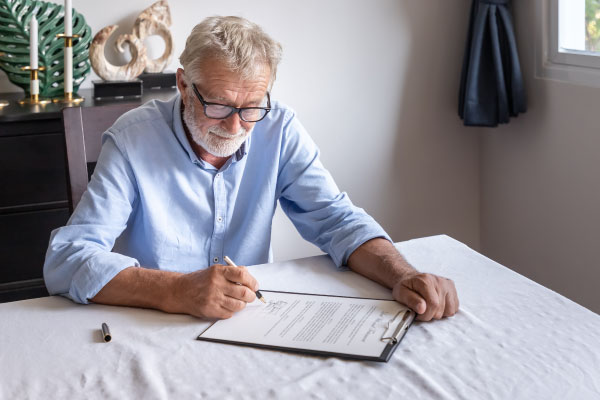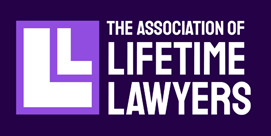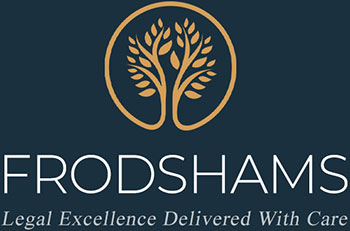Probate Solicitors

Head of Private Client
Kirsty Strong leads the private client team. To contact Kirsty please call 01744 626 600 or email info@frodshams.co.uk
When a person dies someone will need to deal with their estate and affairs, this person is known as the personal representative and the process of dealing is known as Estate Administration.
This can be a complex and time-consuming job and as such, many executors choose to instruct a firm of Probate Solicitors to assist them with the administration of the estate to ensure that their obligations are met.
At Frodshams Solicitors, we can provide appropriate representation and advice at this most difficult time.
To contact a member of the team click on the email link below, contact us via info@frodshams.co.uk or telephone 01744 626 600
A team of experienced Probate Solicitors
Our team have many years of experience in helping clients and their families navigate the legal process during some of life’s most challenging and difficult times. Our Private Client Director, Kirsty Strong, heads the team of 5 solicitors and 2 trainee solicitors and has been working in this area since 2009, handling some difficult and complex matters in that time. Our Managing Director, Amanda Woods works alongside the team and has more than 20 years of experience working with the elderly and vulnerable client.
Our solicitors have experience in all aspects of private client law, including Probate, and we dedicate ourselves to ensuring our knowledge stays up to date, in order to give you the best service possible. They have between 1 and 10 years of experience in the area. We make sure that junior solicitors and members of staff are supported and supervised appropriately so that the quality of advice is not affected, regardless of who is working on your case.
We also employ a team of around 5 legal assistants into the dept. who do much of the day to day work on cases. Although they are not legally qualified, they have between 2 and 30 years’ experience, have received extensive training within our firm and work under the direct supervision of a solicitor with at least 5 years post qualification experience.
We have a proven track record in achieving an effective and caring service throughout our departments. You can find out more about our probate solicitors pricing information on our website.
If you want to speak to a team of specialist probate solicitors, or want to know more about probate, get in touch today for a no cost, no obligation 30 minute consultation.
Contact us for a 30 minute meeting on a no cost; no obligation basis
01744 626 600

Probate Guide
Simply click on a heading below to find out more.
When there is a Will
If a person died having made a valid Will then the Will provisions will determine how the estate is to be divided and distributed. The Will should appoint persons to act in the estate administration and these people are known as the executors.
If you are named as an executor of a will then you are the person responsible to ensure the will terms are carried out.
Your responsibility is also to the beneficiaries of the estate.
When there isn’t a Will
When a person dies without having made a Will in life then he or she is said to have died Intestate and the Intestacy Rules (set out in the Administration of Estates Act 1925) will therefore apply and determine how the estate is divided and distributed.
The persons responsible for the administration of the deceased estate are known as the Administrators.
Probate Disputes
In some cases, disputes may arise with the will and all the administration process. The estate cannot be dealt with until all claims to it have been received.
Individuals have six months from the date when probate was granted to make claims against the estate.
Legal Areas














Client Feedback